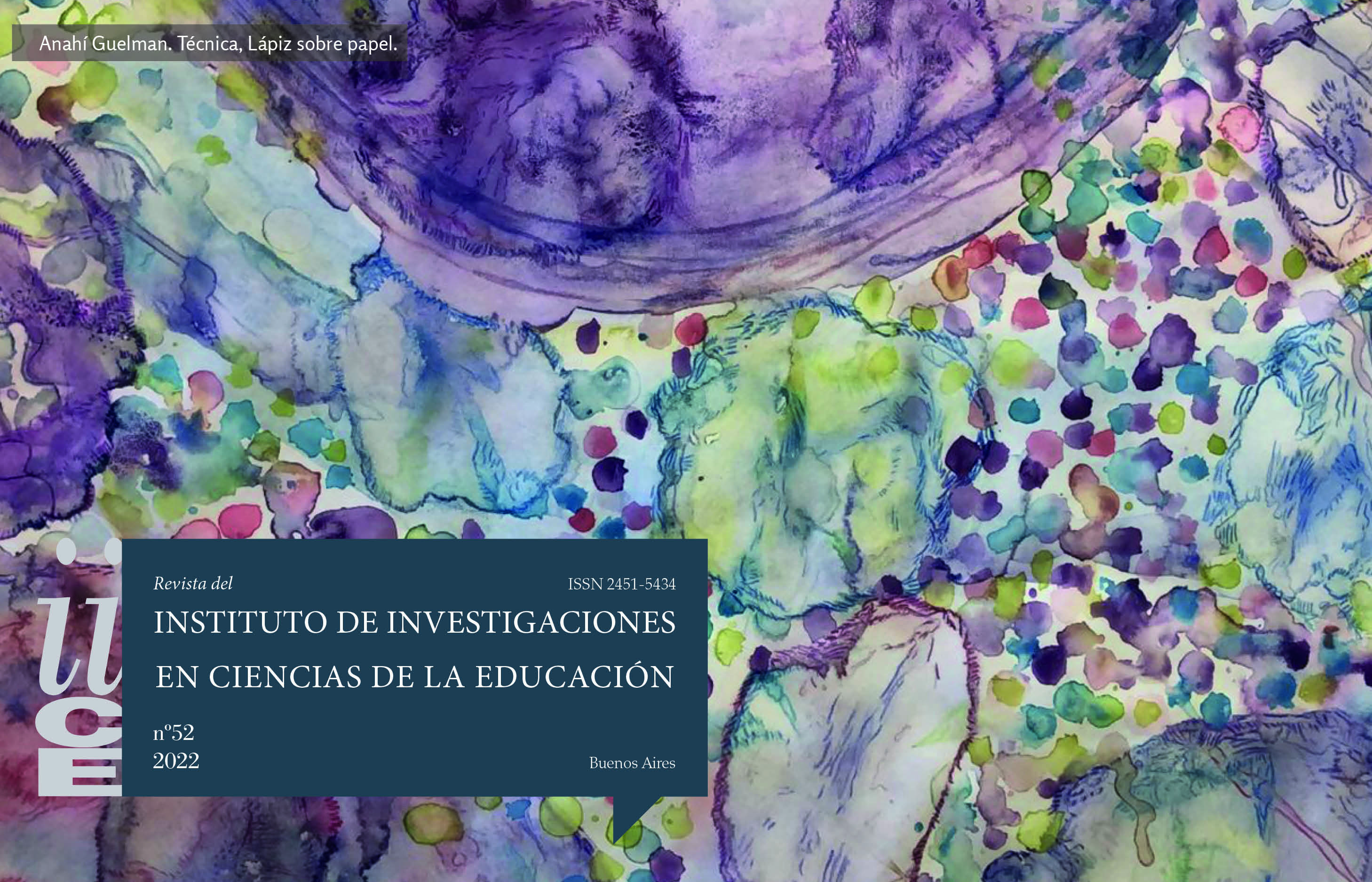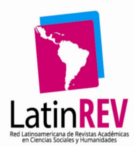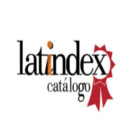Tomar la palabra y conquistar tiempo libre: entrevista con Jacques Rancière
Keywords:
Jacques Rancière, Philosophy of education, Capture of speech, Free time, Equality
Abstract
This interview, given in February 2021, explores the links between Jacques Rancière’s thought and the philosophy of education. Initially, Rancière addresses some aspects of his intellectual trajectory, his relationship with the events of May 68 and his research in workers’ archives, which nurtured the fabric of books such as The nights of labor and led him to break with Louis Althusser’s assumptions on the relations between knowledge and politics. Then, Rancière analyzes the reception of The ignorant schoolmaster, which is, according to him, marked by mistaken readings that associate it either to a book about the history of pedagogical thought or to a methodology to be applied. Both readings ignore Joseph Jacotot’s conception of intellectual emancipation and Rancière’s view of the relations between theory and practice. In the discussion on the article “School, production, equality”, his only text mainly dedicated to what he calls school-form, the philosopher highlights the importance of the different notions of temporality in his thought and questions the school’s ability to promote equality and free time (skholè) today, as it has become the finalized institution by excellence, increasingly closer to the logics of hierarchy and inequality. In the end, the dialogue addresses a theme related to the present: the rise of the extreme right in countries like Brazil and the United States of America, marked by what Rancière calls passion for inequality.Downloads
Download data is not yet available.
References
Althusser, L. (en colaboración con Balibar, É.; Establet, R.; Macherey, P. y Rancière, J.). ([1965] 1988). Para leer El Capital. México, Siglo XXI.
Guimarães Rosa, J. ([1962] 1969). Primeras historias. Madrid, Seix Barral.
Rancière, J. (1988). École, production, égalité. En Renou, X. L’école de la démocratie. París, Edilig. Escuela, producción, igualdad. Waksman, V. (trad.). Disponible en: https://ia601001.us.archive.org/15/items/buckinghamlibro/Jacques-Rancie-re-ESCUELA-PRODUCCION-IGUALDAD.pdf
----------. ([1995] 1996). El desacuerdo. Política y filosofía. Buenos Aires, Nueva Visión.
----------. ([2005] 2006). El odio a la democracia. Buenos Aires, Amorrortu.
----------. ([1987] 2007). El maestro ignorante. Cinco lecciones sobre emancipación intelectual. Buenos Aires, Libros del Zorzal.
----------. ([1981] 2010). La noche de los proletarios. Archivos del sueño obrero. Buenos Aires, Tinta Limón.
----------. ([2008] 2010). El espectador emancipado. Buenos Aires, Manantial.
----------. ([2000] 2013. Aisthesis: escenas del régimen estético del arte. Buenos Aires, Bordes Manantial.
----------. ([2000] 2014). El reparto de lo sensible. Estética y política. Buenos Aires, Prometeo.
----------. ([2012] 2014). El método de la igualdad. Buenos Aires, Nueva Visión.
----------. (2018). Tiempos modernos. Ensayos sobre la temporalidad en el arte y en la política. Madrid, Contracampo.
----------. (2019a). La lección de Althusser. Buenos Aires, Libros del Zorzal.
----------. (2019b). Los márgenes de la ficción. Buenos Aires, Edhasa.
Rancière, J. (2022a). Sobre O mestre ignorante. En Carvalho, J. S. F. (Org.) Rancière e a escola: educação, política e emancipação. Belo Horizonte, Autêntica.
----------. (2022b). Les fous et les sages: réflexions sur la fin de la présidence Trump. En Les trente inglorieuses. Scènes politiques. París, La fabrique.
Rancière, J. y Bassas, J. (2021a). El litigio de las palabras. Diálogo sobre la política del lenguaje. Madrid, NED.
Guimarães Rosa, J. ([1962] 1969). Primeras historias. Madrid, Seix Barral.
Rancière, J. (1988). École, production, égalité. En Renou, X. L’école de la démocratie. París, Edilig. Escuela, producción, igualdad. Waksman, V. (trad.). Disponible en: https://ia601001.us.archive.org/15/items/buckinghamlibro/Jacques-Rancie-re-ESCUELA-PRODUCCION-IGUALDAD.pdf
----------. ([1995] 1996). El desacuerdo. Política y filosofía. Buenos Aires, Nueva Visión.
----------. ([2005] 2006). El odio a la democracia. Buenos Aires, Amorrortu.
----------. ([1987] 2007). El maestro ignorante. Cinco lecciones sobre emancipación intelectual. Buenos Aires, Libros del Zorzal.
----------. ([1981] 2010). La noche de los proletarios. Archivos del sueño obrero. Buenos Aires, Tinta Limón.
----------. ([2008] 2010). El espectador emancipado. Buenos Aires, Manantial.
----------. ([2000] 2013. Aisthesis: escenas del régimen estético del arte. Buenos Aires, Bordes Manantial.
----------. ([2000] 2014). El reparto de lo sensible. Estética y política. Buenos Aires, Prometeo.
----------. ([2012] 2014). El método de la igualdad. Buenos Aires, Nueva Visión.
----------. (2018). Tiempos modernos. Ensayos sobre la temporalidad en el arte y en la política. Madrid, Contracampo.
----------. (2019a). La lección de Althusser. Buenos Aires, Libros del Zorzal.
----------. (2019b). Los márgenes de la ficción. Buenos Aires, Edhasa.
Rancière, J. (2022a). Sobre O mestre ignorante. En Carvalho, J. S. F. (Org.) Rancière e a escola: educação, política e emancipação. Belo Horizonte, Autêntica.
----------. (2022b). Les fous et les sages: réflexions sur la fin de la présidence Trump. En Les trente inglorieuses. Scènes politiques. París, La fabrique.
Rancière, J. y Bassas, J. (2021a). El litigio de las palabras. Diálogo sobre la política del lenguaje. Madrid, NED.
Published
2022-11-03
How to Cite
Tabacof Waks, J., Fonseca de Carvalho, J. S., do Valle, L., & Greco, M. B. (2022). Tomar la palabra y conquistar tiempo libre: entrevista con Jacques Rancière. Revista Del IICE, (52). https://doi.org/10.34096/iice.n52.12054
Issue
Section
Artículos convocatoria permanente











